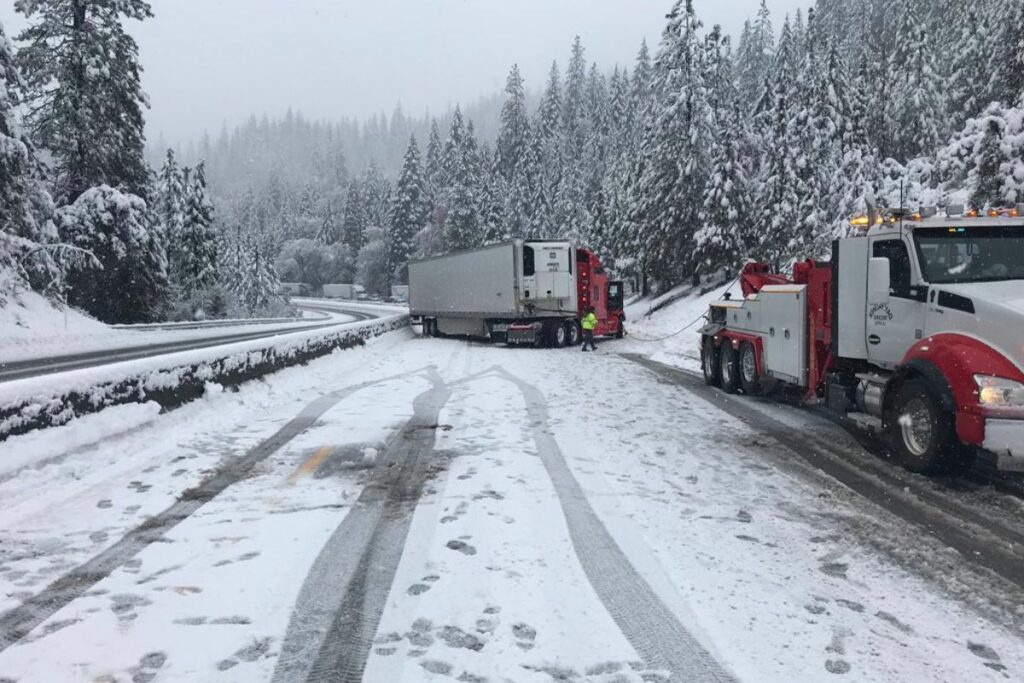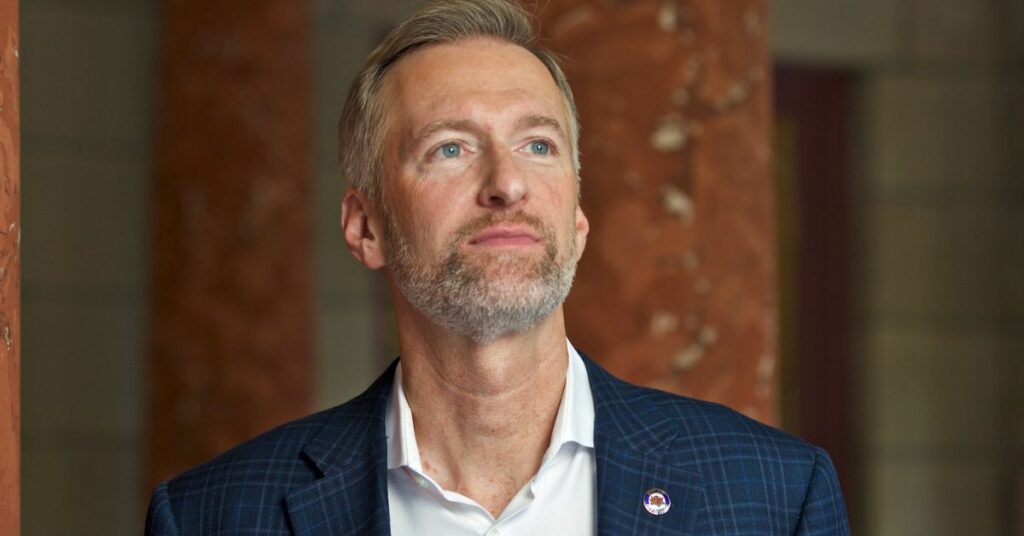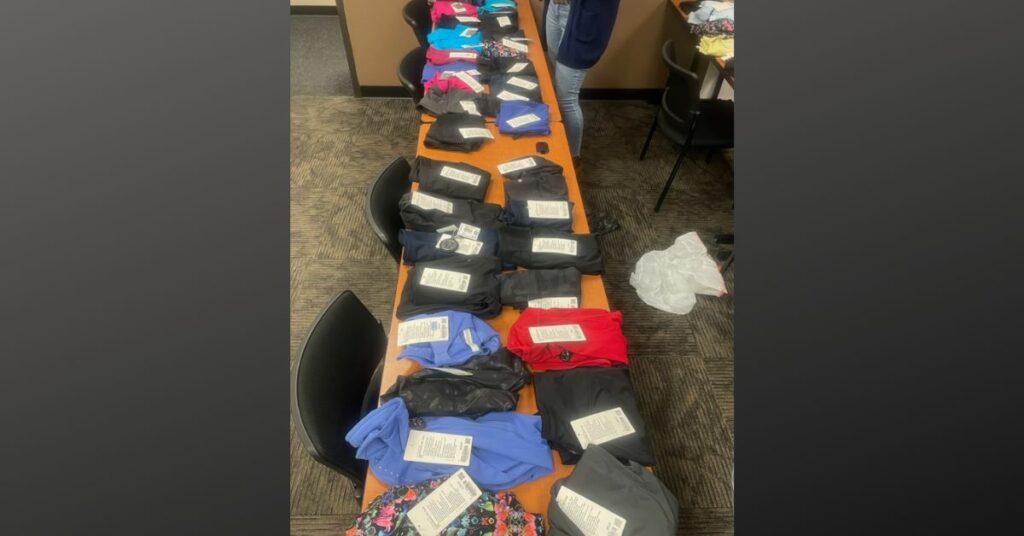After years of disagreement, the city of Portland and the Portland Police Association finalized a preliminary deal Thursday (April 20) night that would regulate a body-worn camera pilot program.
The dispute focused on whether or not police officers should be allowed to see their recordings before or after drafting their reports. Even when an officer is responsible for a fatality, the police union pushes for the right of officers to see the film before filing reports or providing statements.
The agreement will limit police from studying body camera video after a f@tal incident. Instead, the officer must make a statement to a supervisor at the scene and then a recorded interview with internal affairs within 48 hours. The officer then had access to their camera video. According to the agreement, only law enforcement personnel can watch the film.
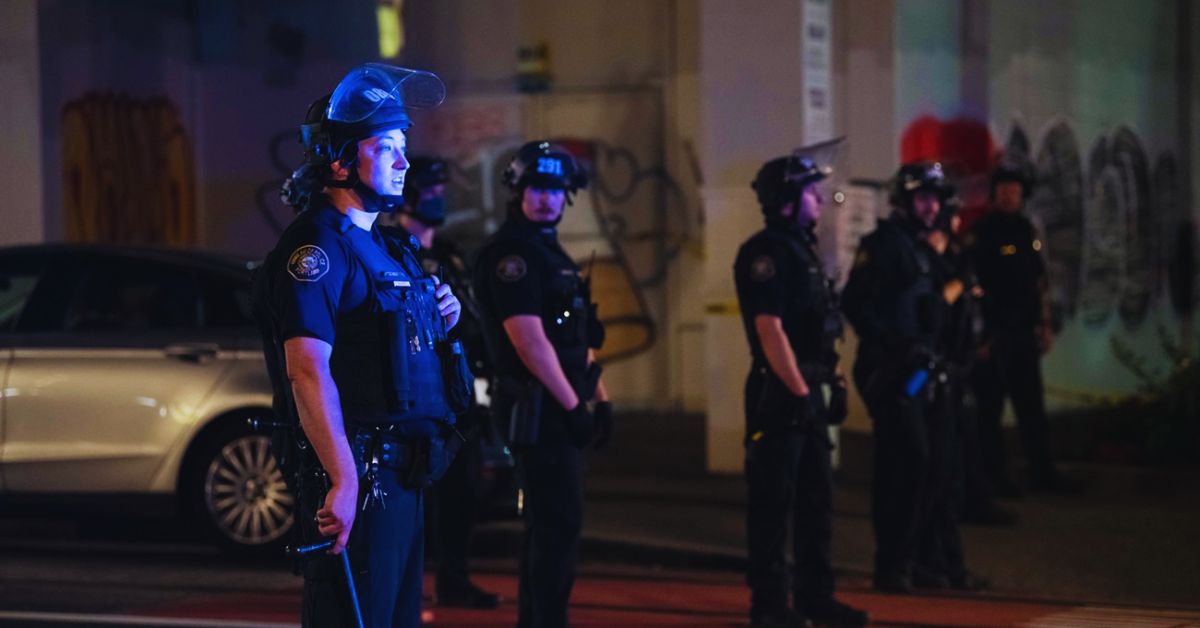
It will also be against the rules for internal affairs investigators to examine the tape before conducting a first interview with an officer. Officers must pause providing their first statement to investigators so everyone can see the body camera tape.
Officers will then be given a chance to explain any differences between the video and their original statement at the resumption of the interview. Officers present during fatal force will be allowed to review their video before giving an opinion or drafting a report.
Suppose an officer uses less lethal force, such as an impact munition, pepper spray, or a police dog. In that case, they must “provide a full and candid account of the facts and circumstances of the event” to their supervisor on the scene before they are allowed to examine their tape. Statements like this won’t be recorded under the mildest forms of force usage.
The records section of the police department will be in charge of releasing the film, and they will be required to obscure faces by Oregon’s public records legislation.
According to a news statement from Mayor Ted Wheeler’s office, “It was important to all parties that our policy was consistent with common practice, supported the unique needs of our city, and addressed privacy and transparency concerns highlighted by the community.”
“It was also vital that the policy is usable for officers and supported by science.” It was also vital that the policy is usable for officers and supported by science.”
No one from the Portland Police Association contacted us when we asked for their thoughts. In recent years, body cams have become an industry standard for police agencies to ensure accountability. However, studies have shown contradictory outcomes. Initially, the use of force is reduced when body cams are used, but this trend eventually reverses.
According to a study released in August, having access to body camera video helps speed up the judicial process in traffic violations and dr*g or alc0hol abuse. In addition, researchers discovered that cases involving traffic violations and “person cases” like assault or r0bbery were less likely to result in a guilty verdict if body camera evidence was available. One theory is that the prevalence of video contributed to the dismissal of these cases by allowing attorneys to focus on the relevant information.
The wording in the city of Portland and the union’s letter of agreement cast doubt on the integrity of any video evidence. The policy adds, “The Bureau recognizes the limitations of officer perceptions and memory in stressful events, as well as the limitations of video evidence.”
According to the agreement letter, police personnel who use force will receive written instructions before providing statements. Body cameras, the instructions warn, don’t record everything, and the frame rate may “limit the camera’s ability to capture movements normally seen by the human eye.”
“You are not expected to ‘explain away’ or reconcile the differences, as we can all acknowledge that during the incident,” the written instructions state. “Simply because your perceptions are different than the video does not mean you are lying.”
While body cameras have helped shed light on certain use-of-force cases, experts agree they are just one piece of the puzzle. Professor of Criminal Justice at the University of North Carolina at Chapel Hill Janne Gaub argues that even because something is visible in a slowed-down video does not indicate a police officer would have seen it at the time.
“There’s opportunities to look at the footage and look back and see things that maybe the officer would not have been able to see or would not have been able to process quickly enough,” Gaub said.
There may be friction between the city and the police union because of the promotion of body cameras. The corporations persuade the public that body cameras are great accountability tools. At the same time, police departments are told by the firms that they are an excellent tool to defend against frivolous complaints.
She emphasized that their implementation is the key to their success or failure. Police trying to undermine body camera video too often may find that it backfires when they try to use it to convict someone or vindicate an officer. “It’s not going to be an accountability or transparency tool if there’s pieces in the policy or the practice that basically cut it off at the knees,” she said.
The Portland Police Bureau is the most significant force in the United States without a body-worn camera initiative. In 2021, when discussions first started, the two parties were far apart on some impossible topics.
The city wants to hear from cops who use force on citizens first. When cops use energy, the union argued that they should be allowed to review their recordings before submitting a report. In February, they stopped talking and submitted their last bids to an arbitrator whose ruling would have been definitive. The deal reached on Thursday (April 20) keeps things out of court.
The body camera rules in Portland are different from those in other cities. There is a ban on Atlanta police officers who use f@tal force from seeing their body camera video. Atlanta police officers must prepare incident reports before seeing body camera video for any use of energy that does not include deadly force.
Police in Seattle are not authorized to review their body camera video before delivering statements about use-of-force events. Within 72 hours of a f@tal police sh00ting in Seattle, the video is made public.
Officers involved in a sh00ting or an in-custody de@th in San Francisco cannot examine their tape before providing a statement. Officers may see the video after giving information and before being interrogated.
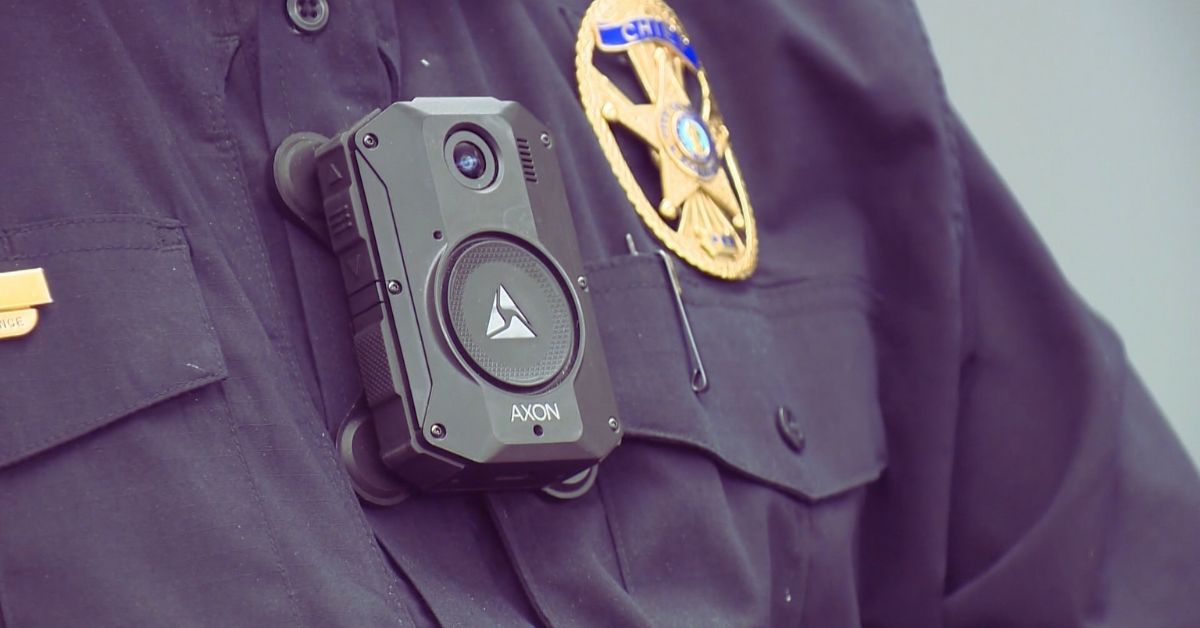
Officers in other locations, like Sacramento, Austin, and Salt Lake City, are permitted to review tape of any event, including those involving the use of force, before submitting reports. The city of Portland and the United States Department of Justice reached a settlement deal over the use of excessive force by police, which calls for body cameras.
Federal prosecutors in charge of enforcing the deal have consistently insisted that the department’s regulations regarding body cameras be changed so that officers who use force are prohibited from watching their recordings before delivering a statement.
Thursday, the Department of Justice delivered a letter to the city and the police union indicating that the regulations governing the 60-day pilot phase had been authorized. However, they only partially fulfilled all of the DOJ’s standards.
The latest buzz on events nearby you is as follows:
- Two People Were K!lled in a Log Truck Accident on Highway 30.
- Portland Squatters Occupied a Shuttered Tavern, It Ignited Suddenly.
The attorneys have promised to review the matter again once the pilot program concludes to ensure their concerns are addressed in the final order. The Department of Justice (DOJ) stated its policy preferences to municipal officials in a letter dated November 2021.
Among those preferences was the option for supervisors to remotely see police cameras and analyze film at random for performance assessments. Supervisors will be permitted to see just three recordings per year for performance assessments, and remote watching is prohibited under an agreement between the city and the union.
Attorneys for the Department of Justice have indicated they reserve the right to veto any future camera rules they find objectionable. They may ask the court supervising the settlement deal to impose the DOJ’s preferred regulations instead.
The experiment will include cops from Central Precinct and the targeted intervention team, running for 60 days.


